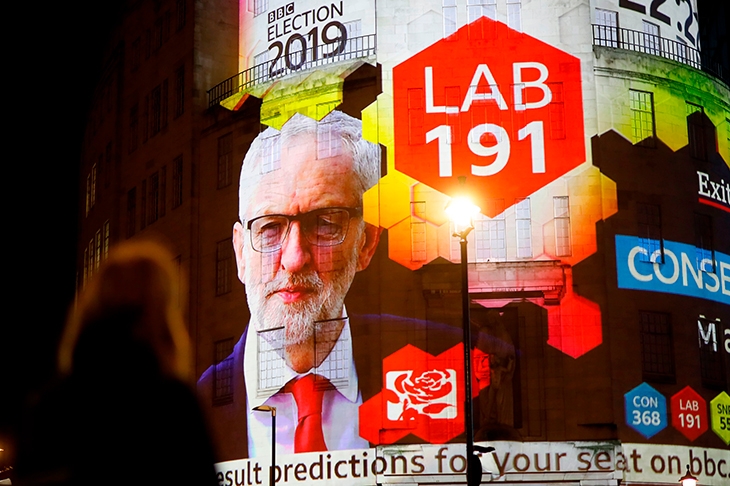A rare illness has broken out in Westminster. Last week a case of what was known before Brexit as ‘consensus’ was spreading. After two years of dithering, ministers published the ‘Magnitsky’ legislation, named for a lawyer tortured and killed after uncovering corruption by Russian officials. Finally, the UK can impose sanctions and close the door to human-rights abusers and their dirty money. Top of the list are those who targeted Sergei Magnitsky, who prop up a regime that oppresses LGBT people, Muslims and other minorities and that used chemical weapons on the streets of the UK. This is long overdue. It is equally welcome to hear that Saudi officials complicit in murdering journalist Jamal Khashoggi will face sanctions. I gently suggested to the Foreign Secretary that perhaps this might mark the start of a consistent approach to Saudi: one that ends the sale of arms used against innocent people in nearby Yemen. The following day the government announced it is resuming arms sales to Saudi Arabia. Outbreak of consensus — officially over.
Before Rishi Sunak’s ‘mini-Budget’, commentators were excited to speculate about the government’s response to the economic crisis. Tories wanted it to be seen as equivalent to FDR’s New Deal, but immediately Twitter labelled it the ‘Meal Deal’ thanks to the voucher plan encouraging us to eat out again. I was inundated with messages from people terrified by the prospect of the furlough scheme ending in October. They know a promised £1,000 bonus for employers won’t stop job losses in industries like tourism and aviation. I spoke to one man who was among hundreds to lose his job in a travel company because the government was too slow to step in: the loan came through two weeks too late. The tardiness doesn’t surprise me. When the furlough scheme was announced, I spent ages being bounced around government switchboards until finally a Treasury official told me, ‘It’s chaos here, we can’t tell you anything’, and put the phone down. The travel-company man told me he is filled with anxiety that he’ll never work again. He said this happened to his dad when the mines closed 30 years ago, and we talked through all the options I could think of. But for every person who gets in touch, hundreds more need urgent help. There are lessons from recent history in ‘red wall’ towns like Wigan. Why on earth isn’t the government learning them?
On a trip across the country to see my dad for the first time since lockdown, I had to pull over to take a Zoom call with Keir Starmer and shadow cabinet colleagues. They were much amused by the sight of me behind the steering wheel. During the call not one but a full five people messaged to ask if I was getting a McDonald’s drive-through. Rishi’s Meal Deal plan may be working after all.
At Wigan Athletic football club I met the administrators holding a press conference after the shock news that our Hong Kong owners are pulling the plug, just weeks after being approved by the English Football League. It is, as journalist David Conn says, ‘one of the most unlikely and baffling scenarios ever thrown up even among the frequently outlandish sagas of football’s relationship with money’. Nothing in the system is set up to protect the club or the fans at moments like this. There are no proper safeguards to root out rogue owners. The Owners’ and Directors’ Test isn’t worth the paper it’s written on. There is money in football, but not for Championship clubs like ours. During the press conference the shell-shocked staff brushed back tears. The pain on display was achingly familiar. My stepdad was a lifelong Bury supporter. When the club collapsed last summer after 135 proud years, we were promised change. But Wigan Athletic is a family and within 48 hours the town raised £120,000, kick-started a local rescue bid and reached out to support the club’s staff. How is it we can act so quickly but the powers that be are so slow? As I left the club I made a silent promise that once we’ve secured our long-term future things will change.
Skype has been a godsend in the past few months. One of the unexpected benefits was being able to be on Question Time live from home in a smart top and pyjama bottoms. As lockdown continued and my hair started to resemble a lion’s mane, I became a pro at using webcam angles and lighting to disguise any damage from kitchen scissors. Or so I thought. When I finally went to get a haircut on Sunday, my hairdresser, who had been keeping tabs on me via the TV, was deeply unimpressed with my efforts. I had to concede to her. Unlike Michael Gove, I definitely haven’t had enough of experts.






Comments